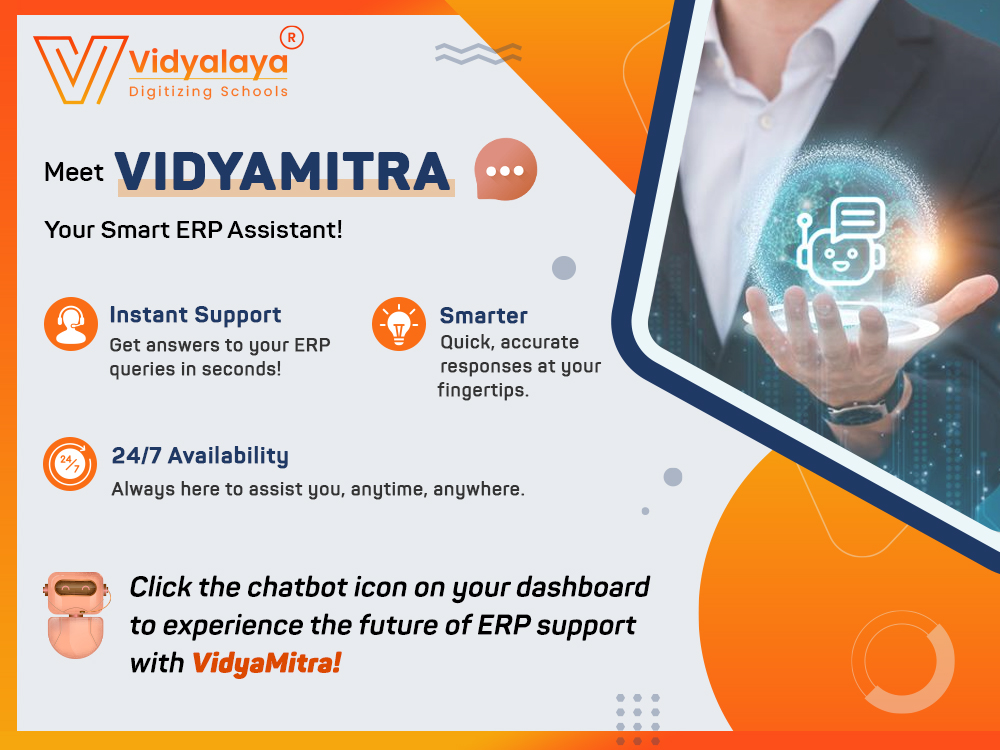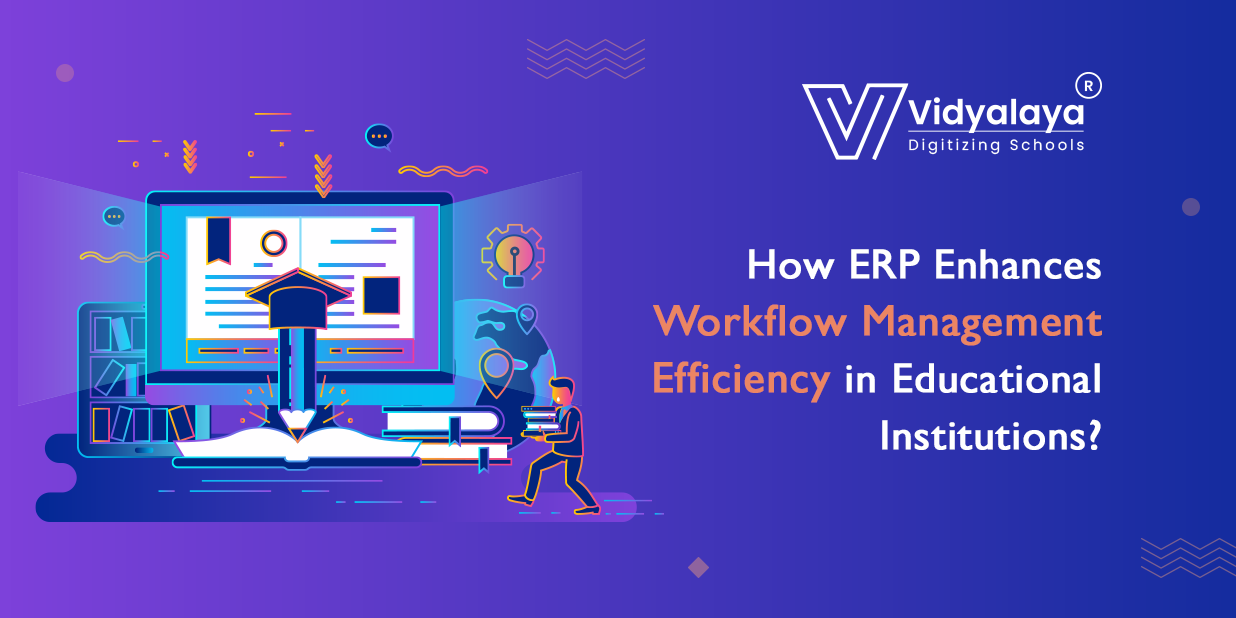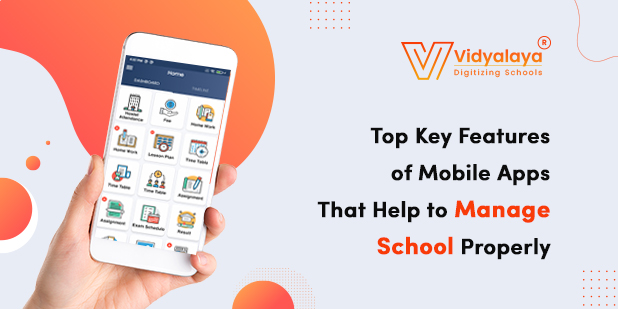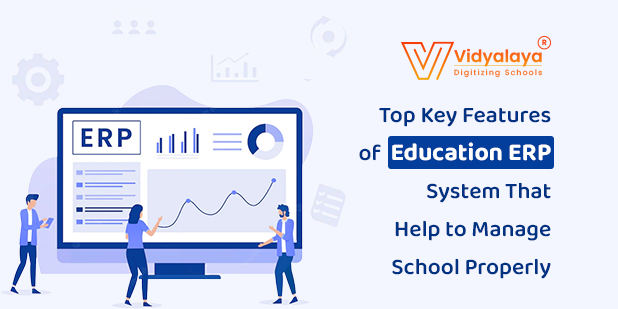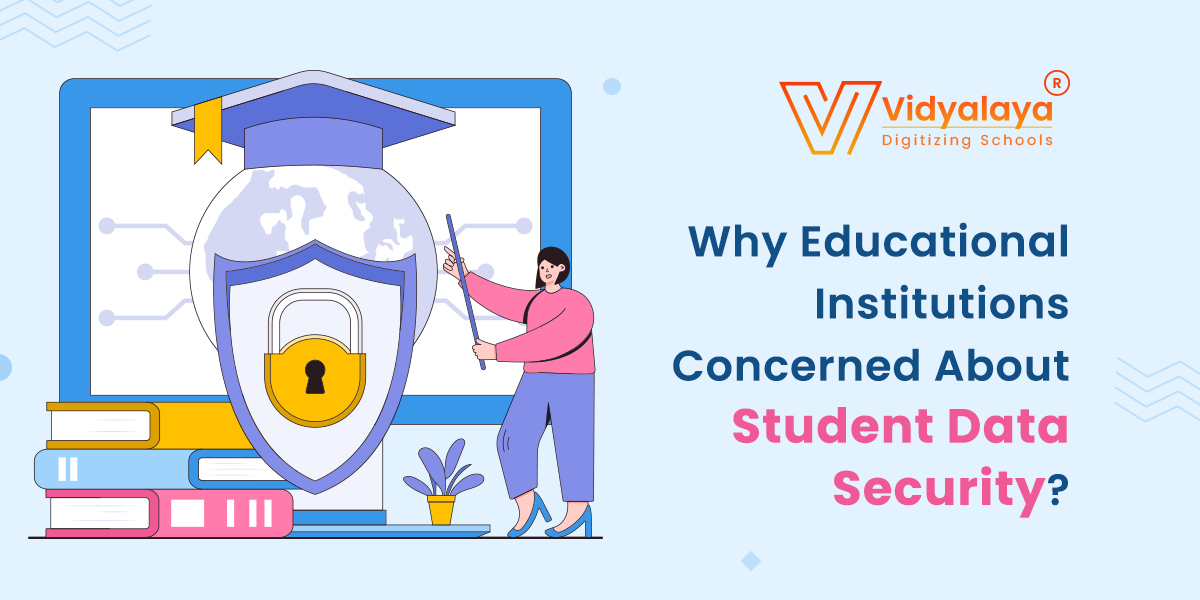We all know that running an educational institute is not a straightforward task. Several processes, people, departments, roles, and resources work together as well as simultaneously to achieve a common goal of the overall success of the institute. But this success is not a one-day thing, rather several factors like organizational efficiency, seamless flow of information, transparency, administrative infrastructure, and many more. Amidst these, workflow management becomes the most tedious task. Technology integration can come into this picture to regulate this and reduce the complexity factor. Let’s learn how ERP can bring efficiency in workflow management in educational institutes.
What is Workflow Management?
A workflow represents a process (in some case part of a process), which is a sequence of tasks. Hence, workflow management is a process of creating, monitoring, and enhancing the sequence of steps that are required to accomplish a task. Workflow management deals with optimizing, improving, and automating processes to optimize the output, eliminate repetition, and reduce errors. It is a subset of business process management, and one can organize and oversee the step-by-step tasks.
What is ERP?
ERP stands for Enterprise Resource Planning. This comprehensive software manages and automates business processes. In an educational context, school ERP software streamlines educational workflows like admission, fee management, academics, and others. The software acts as a one-stop solution for collecting and reviewing data that improves the entire workflow management. As educational processes produce massive data every day, this software can simplify the back-end processes and can yield the desired benefits.
How ERP Enhances Workflow Management Efficiency in Educational Institutions?
Optimized workflow management will yield efficient results. With ERP implementation, educational institutes will achieve better resource planning. It will foster collaboration, maximize productivity, and make the learning process more student-centric. Following are some aspects where ERP enhances workflow management efficiency:
1. Simplified Admission Process:
Admissions are one of the core workflows in the education system. The entire educational cycle starts with enrollment. Right from enquiry to application form, fee payment, course distribution, final merit list, and many others, the admission workflow consists of several sub-processes. This workflow deals with various departments and involves several interlinking resources, which may make the process complex. Only a School ERP system can reduce this complexity by automating this process. It can give you instant and real-life insights into the admission process.
2. Automated Attendance Management:
Student attendance plays an important role in academic development and thus becomes a big task every day. But teachers need to spend their valuable time on this which can affect their productivity. A campus ERP System integrated with automated attendance monitoring can help you in this. RFID-based or biometric attendance tracking can save teachers’ tasks to register the attendance of each student. They can use this saved resource in the core teaching process. Also, when a student punches attendance, a notification is sent to the parent’s mobile number which can ensure the attendance of their ward and bring transparency. Teachers can fetch instant reports anytime and anywhere using the school ERP system.
3. Secure Data Management:
Interdepartmental data exchange and sharing are common in the educational field. Processes like admission, payroll, transport, and fee management carry data from other departments to accomplish the tasks. A School ERP system helps them to save data on a cloud server so that it can be shared across the departments. This will bridge the communication gap and will make the data available to everyone. But, here safety of data is also taken into consideration and security measures are applied. For example, users are given role-based privileges, single sign-in processes and proper authentication to prevent unauthorized access. Overcoming the flaws of manual data handling, cloud-based ERP systems take data security to the next level and bring reliability to the entire process.
4. Online Fee Management:
Before the invention of online payment, everyone had queued for fee payment and experienced the hassles. Additionally, being prone to scams has suffered many institutes and devasted the lives of many students. A School ERP system came as a saviour and its integrated online payment feature has facilitated dealing with online financial transactions. Parents/students can now get fee reminders and online fee receipts after paying the fees online. Also, they can get instant updates about fee management. School administration can handle multiple bank accounts through simple online payment management without any hassle. Also, they can get real-time insights about fee process anytime. Additionally, the safety and security provided through this option are incompetent to manual counterparts and users can avail of the benefits.
5. One-stop Solution for Assignments, Lessons, and Homework:
The entire academic year revolves around lessons, assignments, and homework and it continues until you pass out. Without ERP implementation, students need to depend on classmates or teachers for these things if they miss out. And, teachers need to follow up every time which makes the entire process less effective. A School ERP System answers to this problem by offering a one-stop solution for all academic work. Teachers can upload and share assignments, homework, and other study material and students can easily access it whenever they need it. Teachers can also evaluate the assignments and post the grades that can be accessible by parents. Through this means, parents can also get involved in the process and can check the development of their ward.
6. Elimination of Redundant Processes:
Every institute wants a progressive approach to stand out and make a good impression. To achieve this, they need to cut out the ineffective practices from the routine and implement some innovative and productive strategies. The manual approach mostly ended in the repetition of tasks and unproductive results. To overcome this, ERP can come into the assistance and can eliminate the redundancy in the processes.
In the education field, workflows like admission, fee payment, and timetable management normally consist of redundant processes. A Campus ERP System can automate the workflow and let users bear the minimum workload. Also, it improves communication and offers numerous other benefits. Adopting an ERP option will save hours of labour, cut down errors, speed up processes, and increase the efficiency of the workflows.
Concluding it!
Technological advancements always uplift operational workflows. Educational workflow management is a tedious process because of the involvement of various resources and their relationship with each other. One can handle and streamline the workflows from a single platform only by adopting good school ERP software.
Vidyalaya, a prominent name in the domestic as well as global educational platform, has several products in its portfolio. The long clientele tells the success stories and has proved that our products are well-deserved for today and tomorrow. Our school ERP software is a one-stop solution to manage the day-to-day activities of any educational institution and makes workflow efficient. So, ditch all the reasons that hinder the adoption, and dial us for a free demo!

